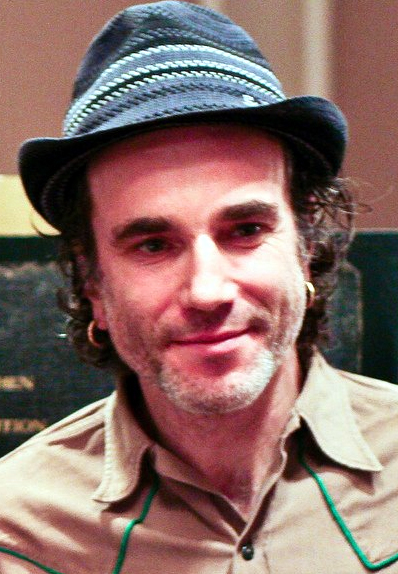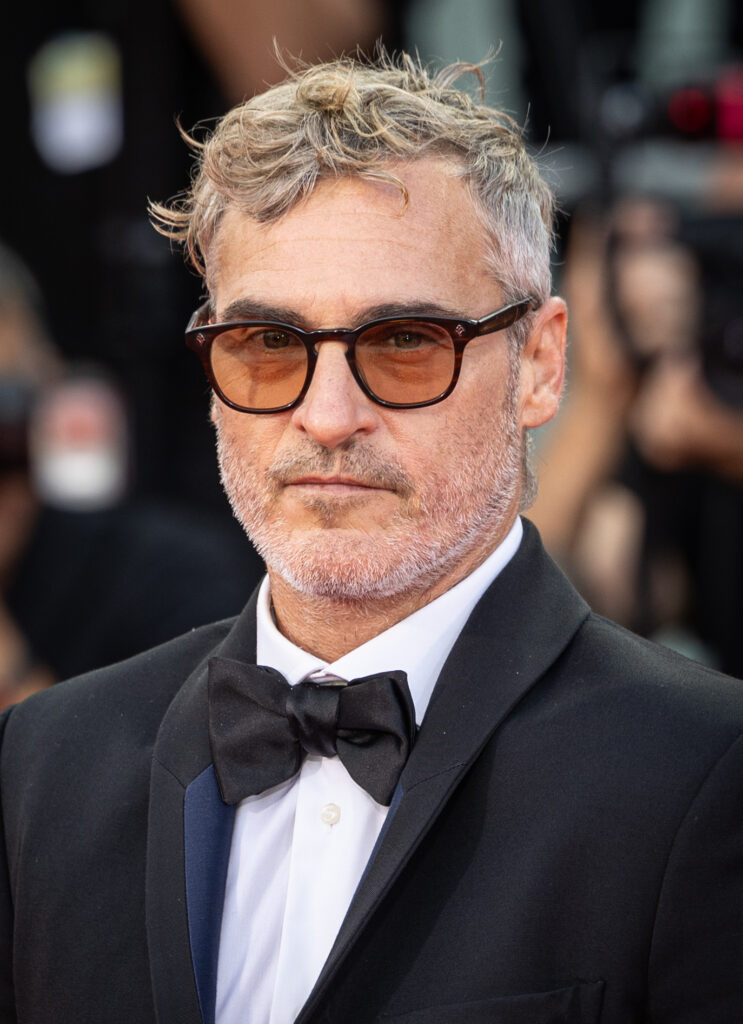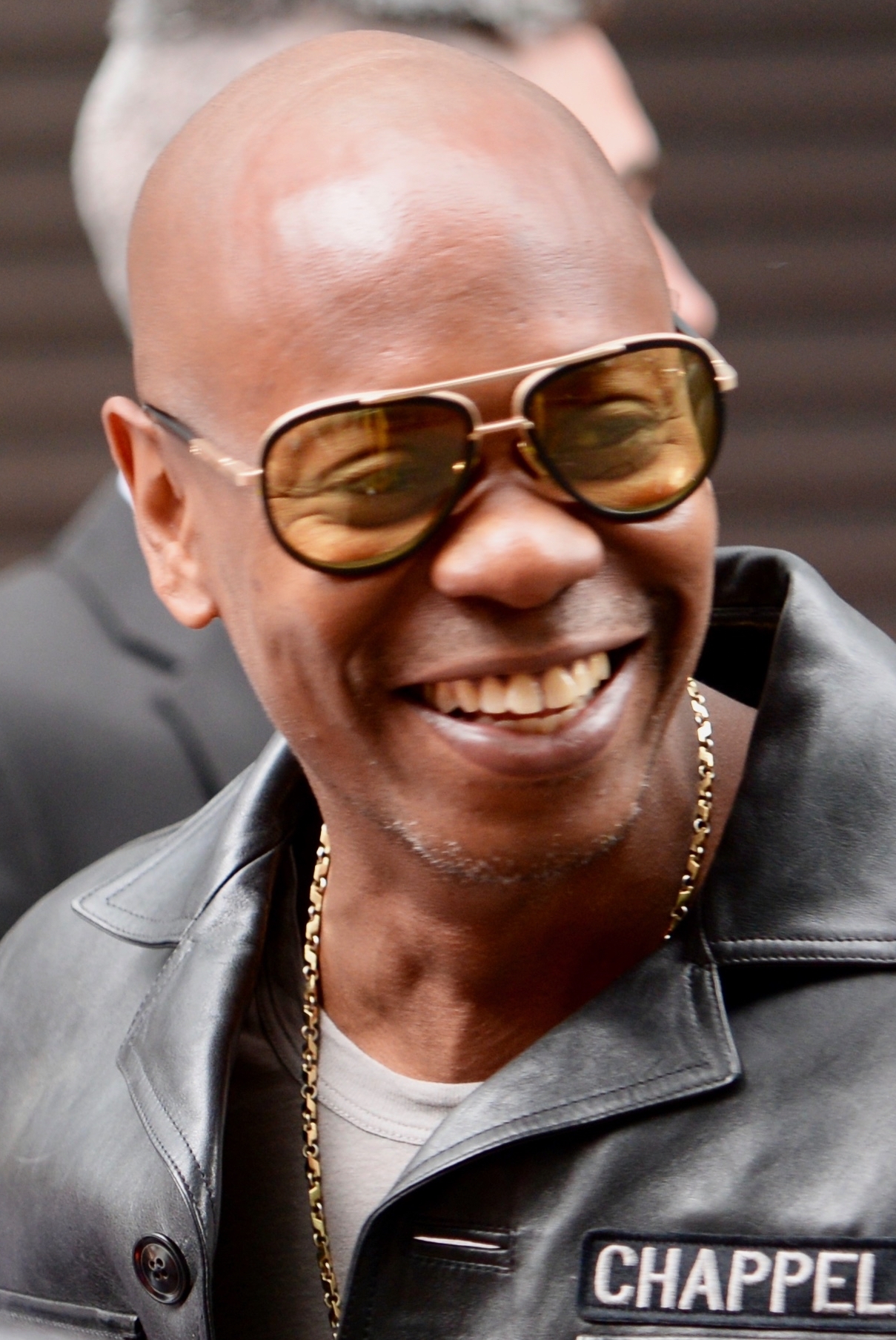
Fame, often envisioned as the pinnacle of human achievement, a gilded cage perhaps, has paradoxically led many of its most brilliant inhabitants to seek freedom beyond its bars. We are endlessly captivated by the glittering spectacle of celebrity, the red-carpet moments, the magazine covers, the seemingly boundless opportunities that come with global recognition. Yet, beneath the veneer of perpetual success and adoration lies a complex interplay of personal pressures, relentless scrutiny, and an often-unbearable loss of the mundane, the private, the simply human. The very allure that draws millions to Hollywood’s embrace is precisely what drives some to make the shocking, and often misunderstood, decision to walk away.
This phenomenon, while seemingly counterintuitive to an audience conditioned to chase fame, reveals a deeper truth about the human spirit’s enduring quest for authenticity and well-being. The narrative of celebrity often focuses on the ascent, the triumphant rise to stardom; less frequently do we delve into the profound motivations of those who, having scaled the highest peaks of public adoration, choose instead to descend into the quiet valleys of anonymity. These are not tales of failure, but rather of a redefinition of success, a courageous reassertion of personal values over the intoxicating, yet ultimately demanding, siren call of the spotlight.
In a world where public obsession with celebrity often outweighs respect for individual boundaries, the choices made by these figures resonate with a powerful, almost philosophical, weight. They remind us that the most valuable currencies are not always accolades or adoration, but rather peace of mind, genuine connection, and the freedom to craft a life lived on one’s own terms. We embark on an exploration of seven such luminaries who, at the zenith of their careers, made the extraordinary decision to step back, offering us a rare glimpse into the surprising reasons behind their exits and the profound impact of their choices. Their stories are not merely about leaving fame; they are about finding themselves.

1. **Daniel Day-Lewis: The Art of Disappearing**: Few actors in cinematic history have approached their craft with the legendary intensity of Daniel Day-Lewis. Revered for his immersive method acting—mastering everything from building canoes to living without electricity for roles—Day-Lewis consistently delivered performances of unparalleled depth. His three Best Actor Oscars attest to a career defined by meticulous preparation. Thus, his announcement to retire after 2017’s “Phantom Thread” at 60, seemingly at his creative peak, stunned Hollywood.
The shock was profound because Day-Lewis’s career was characterized by obsessive immersion. To imagine such an artistic force willingly withdrawing from the profession he’d mastered was unfathomable. Yet, his stated reason was simple: a desire for a quieter life and to focus on family. This underscores a recurring theme: fame’s relentless demands clash with fundamental human needs for peace, privacy, and personal connection.
His departures were always shrouded in mystique, reflecting his intensely private nature. Unlike typical hiatuses, Day-Lewis’s farewell felt decisive. He cryptically remarked, “I need to believe in the value of what I’m doing,” suggesting a re-evaluation of industry values against his own truths. This was not a temporary break, but a conscious choice to “disappear from acting entirely,” seeking fulfillment far from the silver screen.

2. **Greta Garbo: The Siren Who Longed for Solitude**: Greta Garbo, a name synonymous with old-world glamour, captivated audiences during Hollywood’s Golden Age, effortlessly weaving an almost mythical allure. As MGM’s most bankable actress, she starred in 28 films, yet at the remarkably young age of 35, and still considered box office gold, Garbo announced a “temporary” retirement in 1941. This “temporary” retreat evolved into a reclusive existence that lasted until her death five decades later, solidifying her status as one of cinema’s most enigmatic figures.
Her decision was driven by a profound need to escape the suffocating pressures of Hollywood, transforming her from a global superstar into a legendary recluse. The famous line she purred in “The Grand Hotel” – “I want to be alone” – became not just a cinematic moment, but a prophetic declaration of her life’s true desire. This obsessive quest for privacy, rather than diminishing her legend, only amplified it, creating an enduring aura of mystery. Millions in film offers couldn’t tempt her back; the allure of peace and anonymity proved far more potent than any cinematic role.
Garbo’s exit was not due to a decline in star power. She remained an icon whose presence could fill theaters, even if her final film received mixed reviews. Her enduring mystique stems precisely from her refusal to explain her departure, leaving behind a silence that spoke volumes about the toll of constant public exposure. She demonstrated that for some, the personal cost of maintaining a public image, of enduring ceaseless scrutiny, ultimately outweighs professional glory, making the courageous act of disappearing a profound assertion of self.

3. **Rick Moranis: A Father’s Unconditional Love**: For many who grew up in the 1980s and 90s, Rick Moranis was a beloved comedic fixture in iconic films like “Ghostbusters” and “Honey, I Shrunk the Kids.” At the peak of his comedic powers in 1997, he made a decision that surprised and moved fans: he stepped away from Hollywood. This was not an exit born of creative frustration, but from a profound, heartbreakingly human motivation: the tragic passing of his wife from breast cancer.
Moranis chose to prioritize his two young children, embracing the demanding role of a full-time, single parent. In a rare interview, he articulated the immense challenge, explaining, “I’m a single parent, and I just found that it was too difficult to manage raising my kids and doing the traveling involved in making movies.” This perfectly encapsulates the sacrifices a demanding entertainment career often requires, sacrifices Moranis was unwilling to make at his family’s expense. Despite “obsessive demand for his films,” his reason resonated deeply as an admirable act of parental devotion.
His departure stands as a powerful counter-narrative to the prevailing ethos of celebrity, where career ambition often takes precedence. Moranis provided a rare example of an individual who consciously, and without regret, chose life over public obsession. Years later, he underscored that “being present for his children was worth more than any award or paycheck,” a sentiment that speaks volumes about his steadfast commitment to his family’s well-being. His story highlights the intense tug-of-war between personal responsibility and professional demands that even the most successful individuals face.

4. **Lindsay Lohan: Navigating the Tumultuous Waters of Public Life**: Lindsay Lohan’s meteoric rise as a child star and her subsequent tumultuous journey through young adulthood became a high-profile case study in the perils of growing up under intense media scrutiny. Her early film successes were increasingly overshadowed by personal struggles that played out relentlessly in the public eye. For Lohan, breaks from the industry were less about deliberate retirement and more about necessary retreats, periods aimed at recovering from profound challenges exacerbated by fame.
The shock value of her temporary withdrawals stemmed from an apparent paradox: her career seemed intrinsically linked to public appearances. Yet, this “obsession with public appearances” frequently clashed with, and compounded, her pressing mental health needs. The relentless media attention, the constant demands of a high-profile career, and the intense pressure to maintain an image proved unsustainable for a young star grappling with personal demons. Her journey highlighted the brutal reality that the public’s fascination often comes at the severe expense of a celebrity’s private well-being.
These periods of stepping back, though often involuntary, underscored a critical aspect of fame: the paramount importance of mental health. The entertainment industry, with its insatiable appetite and unforgiving judgment, often leaves little room for stars to heal away from prying eyes. Lohan’s experiences brought into sharp focus the destructive relationship between public life and personal struggles, demonstrating how easily the lines blur, leading to a desperate need for sanctuary and recalibration.

5. **Joaquin Phoenix: The Pursuit of Unvarnished Authenticity**: Joaquin Phoenix, a name synonymous with intense, often unsettling, performances, has always carved a distinct path. His dedication to character and palpable artistic integrity have defined his career, making his early decision to step away from Hollywood for “personal reflection” a surprising, yet characteristic, move. This was more than a break; it was a deeper search for self, a recalibration of his artistic compass away from the industry’s often-compromised landscape.
The shock to fans wasn’t that Phoenix would pursue introspection, but that he would do so at a critical juncture in his career, risking momentum. His artistic ethos has always been underpinned by an “obsession over authenticity,” a refusal to engage in anything inauthentic. This profound commitment meant his return to acting was contingent not on external pressures, but solely on his internal readiness, on feeling genuinely “ready to act fully on his terms.” Such a stance is rare in an industry that often prioritizes output over personal conviction.
Phoenix’s hiatus underscored a broader critique of Hollywood’s superficial demands, a system that can compel artists to compromise their true selves. His willingness to retreat, to withdraw from the very mechanisms that create stardom, was a powerful declaration of artistic independence. It highlighted a preference for depth over dazzling visibility, a quest for genuine connection with his craft rather than mere accumulation of roles. For certain artists, the most vital creative act might sometimes be the act of stepping away, allowing space for growth and a deeper understanding of purpose.

6. **Dave Chappelle: The Uncompromising Voice of Creative Freedom**: Dave Chappelle delivered a seismic shock to the entertainment world in 2005 when, at the pinnacle of his career, he walked away from a staggering $50 million contract with Comedy Central. His wildly successful “Chappelle’s Show” was a cultural phenomenon, celebrated for its incisive social commentary. Yet, the pressures of fame and profound creative differences propelled him to make an unthinkable decision: to abandon the show and retreat, first to South Africa, then to a quiet life in rural Ohio.
The profound shock stemmed from the sheer magnitude of his sacrifice—not just a show, but a colossal sum of money and an unparalleled platform at the height of his influence. His departure was a powerful declaration that his “obsession with maintaining creative control overrode fame and lucrative deals.” Chappelle later explained, “I was doing sketches that were funny but socially irresponsible,” indicating a deep ethical and artistic conflict with the direction the show, or industry, was taking him.
This was a strategic and deeply personal move to reclaim artistic integrity, making his hiatus one of entertainment’s most dramatic departures. It vividly illustrated an artist prioritizing authenticity and creative freedom above all else. Chappelle proved that for some, the value of a clear conscience and uncompromised artistic vision far outweighs the financial rewards of staying within a system that no longer serves their truth, ultimately returning to comedy on his own terms.

7. **Mara Wilson: A Child Star’s Evolving Creative Path**: Mara Wilson enchanted audiences as one of the most beloved child stars of the 1990s, with memorable roles in “Matilda” and “Miracle on 34th Street.” Her bright-eyed performances captured hearts, suggesting a long and illustrious career ahead. Yet, after her last major big-screen appearance around 2000, Wilson gradually receded from the intense glare of movie stardom. Her reason for stepping back was not a sudden rejection of creativity, but an evolution of her artistic inclinations: she retired from mainstream acting to pursue writing and theater.
The initial surprise for fans stemmed from the perception that her “childhood obsession with acting” had simply faded, replaced by a preference for more “private creative work.” For many, a successful child star’s trajectory is expected to lead to continued, even greater, fame. Wilson’s divergence from this path underscored a different kind of fulfillment, one found away from blockbusters and red carpets. Her 2012 blog post unequivocally declared her “no desire to return to acting in films,” cementing her commitment to stage work and literary arts.
This transition highlights a crucial aspect of creative life often overlooked: the personal evolution of an artist. What fascinates a child may not sustain an adult, and the pressures of early fame can overshadow a quieter, more profound calling. For Wilson, the shift represented a reclaiming of creative agency, allowing her to engage with storytelling in ways that felt more authentic and personally satisfying, without the overwhelming public scrutiny that accompanied her early cinematic triumphs.

8. **Sean Connery: The Ultimate Quest for Uninterrupted Privacy**: Sean Connery, the original and for many, the definitive James Bond, carved an iconic presence in cinematic history. His suave portrayal of 007 and his subsequent roles cemented his status as a cinematic legend, earning him legions of devoted fans. Yet, despite his enduring fame and critical acclaim, Connery chose to retire from acting entirely after his 2003 film “The League of Extraordinary Gentlemen,” a decision rooted in a profound “obsession with privacy” that ultimately outweighed the adoration of his fans.
His exit was strikingly decisive. A couple of years after his final role, he candidly expressed his disillusionment with the film industry, telling the New Zealand Herald, “I’m fed up with the idiots. The ever-widening gap between people who know how to make movies and the people who greenlight the movies.” This statement revealed a deep-seated frustration with the creative and corporate mechanisms of Hollywood, suggesting that the environment no longer aligned with his professional integrity or personal peace.
Connery’s departure underscored a common thread among those who step away: the industry’s pressures and creative compromises can become unbearable, even for its most successful figures. His desire to enjoy a private life away from relentless press attention was a powerful motivation. For him, the constant glare of the spotlight and the demands of film production had become an intolerable burden, far outweighing the appeal of further accolades or financial gain.
In retirement, Connery chose a quiet life, embodying the sentiment that for some, true happiness lies in cultivating personal peace and dignity beyond the reach of public life. His unwavering commitment to his privacy, even after decades of being a global icon, showcased a fierce determination to reclaim his personal space. His story is a testament to the profound value of a life lived on one’s own terms, free from the incessant demands of celebrity.
These stories serve as a vital reminder that the glamorous facade of fame often conceals intense pressures, relentless scrutiny, and a profound loss of personal space. As social media further blurs the lines between public and private, the courageous act of walking away, even for a short while, becomes an even more potent declaration of self-possession. It’s a testament to the enduring spirit that seeks to author its own destiny, proving that sometimes, the bravest act is not to chase the spotlight, but to intentionally step into the quiet, fulfilling embrace of a life less public.



